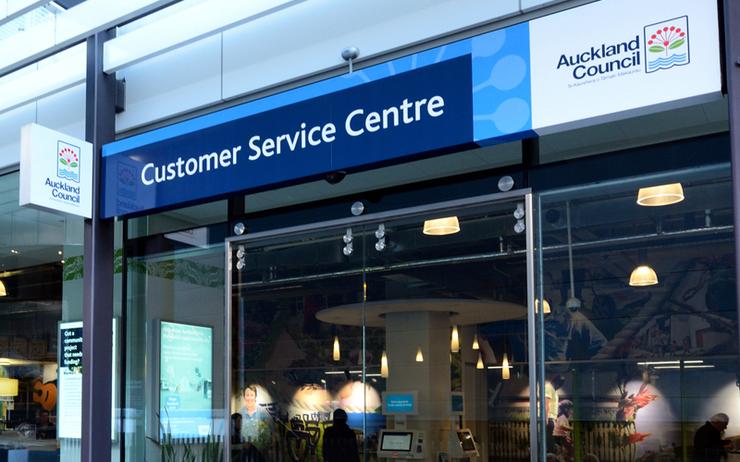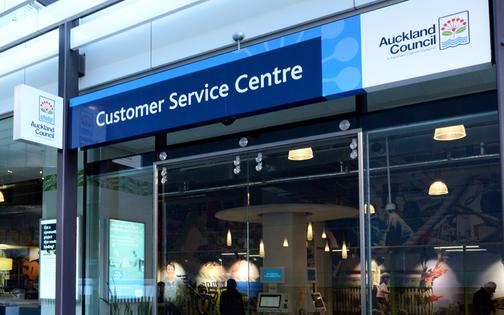
Credit: Supplied
Auckland Council is considering creating group-wide shared services functions across the core council and its controlled organisations, most prominently Auckland Transport and Watercare.
The effort picks up where a 2020 review of council-controlled organisations (CCOs) left off. Recognising shared services was a proven model that could deliver improved services in a cost-effective way, the review recommended the council and its CCOs work together to draw up a group policy.
“Across the council group, delivery of some shared support services is in place, however there is no overall group shared service strategy,” an agenda for an upcoming meeting of the council’s value for money committee said. “An opportunity exists to investigate the sharing of the remaining internal support services across the group to determine whether the full benefits can be realised.”
Services within the scope of the review are broad, including ICT, finance, human resources, health safety and wellbeing, corporate strategy, communications, procurement, risk and assurance, legal, an enterprise project management office, corporate property and other corporate services.
A feasibility phase will determine whether any areas should be removed from that scope but also does not limit the inclusion of other out-of-scope services in future. The feasibility phase included Auckland Council, Auckland Transport, Auckland Unlimited and Eke Panuku Development Auckland.
While Watercare was also in scope, that could be affected by the outcome of the government’s Three Waters reform of water management.
The development follows several years of effort to increase efficiency and cut costs. In ICT, that included renegotiations with major software supplier SAP and infrastructure provider Revera. Investments in a multi-cloud migration achieved enduring savings, the agenda noted.
“The multi-cloud platform will continue to deliver more efficiencies through increased flexibility and datacentre processing and storage capacity at a lower cost,” it said. “It is anticipated additional savings will be realised as long-term backups can be deleted in the next financial year.”
However, the experience of other organisations showed implementing shared services was difficult and took time, the agenda noted.
“The implementation process may take many years before benefits are realised.”
Lessons learned from around the world were being carefully considered alongside how to manage key risks such as “buy-in” from the entities involved, the impact on staff engagement, extended timeframes and transition strategies, it was claimed.
Recommendations will be presented to a shared service governance group in early May.
The agenda referenced a Deloitte 2021 global shared services and outsourcing survey report that found that ideally shared services organisations provided nimble and value-added services to deliver a better customer experiences and business outcomes.
In addition, 88 per cent of organisations that adopted global business services achieved a cost reduction and 78 per cent achieved process standardisation and efficiency.
Shared service centres also delivered a focus on investment in capabilities such as prioritising talent, robotic process automation and process standardisation to drive better value.
The council reported it had achieved $70.6 million (78.4 per cent) towards a $90 million savings target for the 2021/2022 financial year, an increase of $6.2 million of savings achieved in the second quarter.



